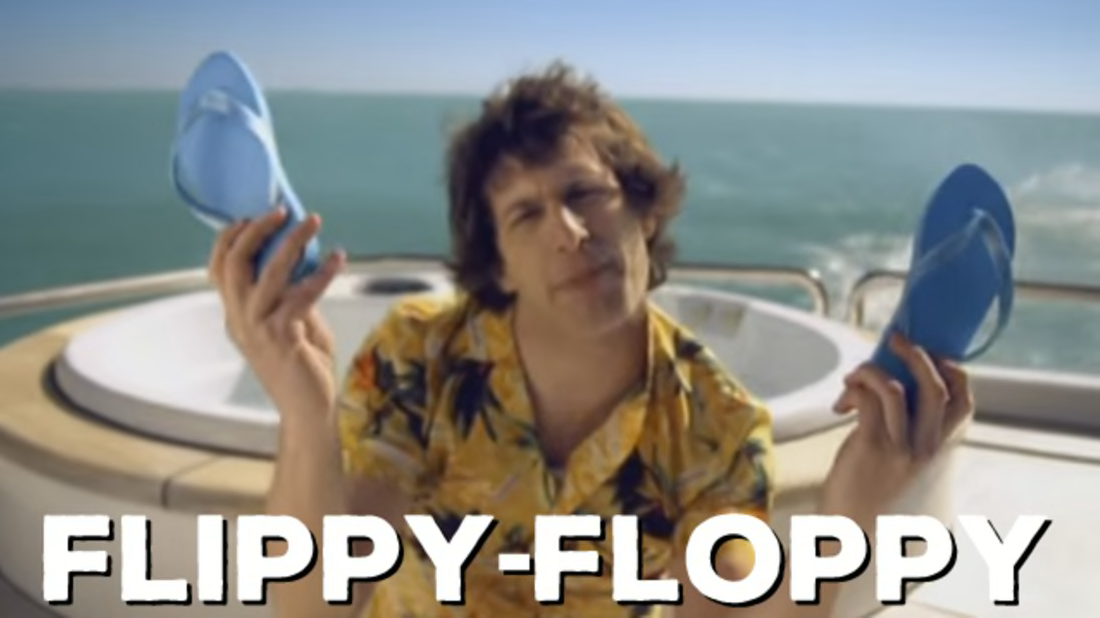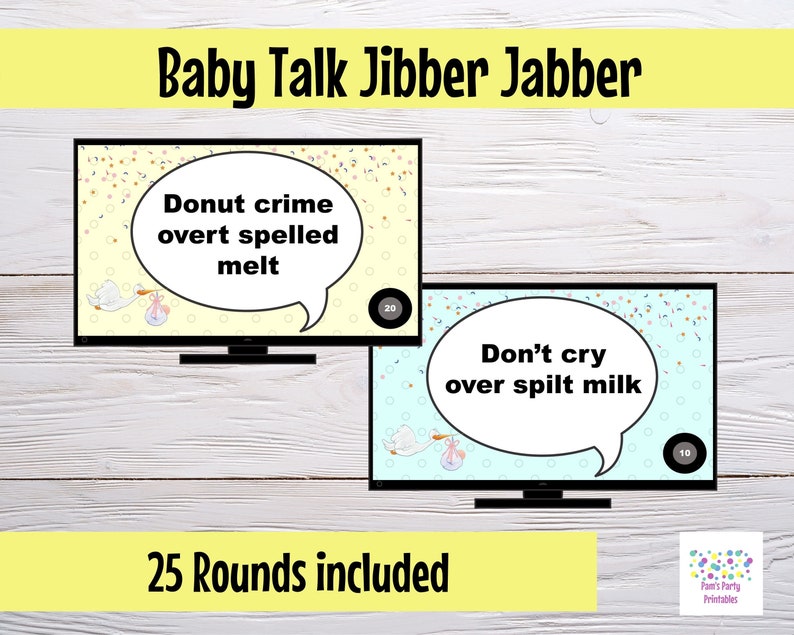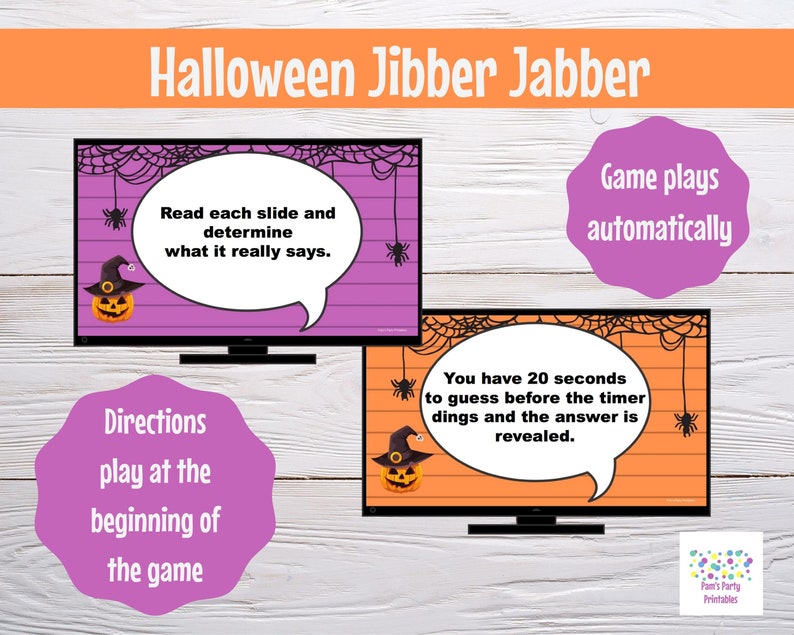

This English to Telugu dictionary also provides you an Android application for your offline use. It has more than 500,000 word meaning and is still growing. This dictionary helps you to search quickly for Telugu to English translation, English to Telugu translation.
Jibber jabber meaning tv#
It does not only give you English toTelugu and Telugu to English word meaning, it provides English to English word meaning along with Antonyms, Synonyms, Examples, Related words and Examples from your favorite TV Shows.

This dictionary has the largest database for word meaning. This is not just an ordinary English to Telugu dictionary & Telugu to English dictionary. (16) With smooth proficiency, the trimmers backed the jib, and the mainsail was eased, swinging the bow around. (15) In yesterday's windy conditions, the front jib of the crane dangled at the former gasometer site, the damaged part swaying towards buildings. (14) No doubt, some purists will still jib at this usage.
Jibber jabber meaning free#
(13) The amount cab owners pay for their licence could include a free access card, although few would jib at the Ôö¼├║7 annual fee required to become a ├ö├ç├┐gate├ö├ç├û user. (12) One may jib, like George Orwell, at Greene's belief that a brutally stupid gangster is capable of intellectual subtlety. (11) They were long open boats with a large spritsail and jib. (10) A few seagulls circled, squawked at Joe, and two pigeons on the crane's jib watched him intently. (9) The crane jib came to rest on the pontoon narrowly missing a civilian shipwright working beside Young Endeavour. (8) Though there were as many misses as hits, the main sail, jib, and one other were burning. (7) ├ö├ç├┐I first saw the jib and then it just crashed into the premises,├ö├ç├û he said. (6) Finally, after setting down a bundle of rebar, the crane operator did not raise the jib line all the way back to the top. (5) I have seen others opt for a cutter-type arrangement leaving the small jib and adding a genoa. (4) With three telescopic boom sections and an articulating jib, sections of pump hose are added as needed to accommodate the distance to placement. (3) The 20-foot placing jib both rotates and articulates, allowing access to the pump discharge around corners and through windows. (2) But, although I jib slightly at the supernatural Skellig's curative powers and the sentimental conclusion, the story has legs as well as wings. And as the OED claims, it is most often either idea or notion.(1) The jib or projecting arm of a crane probably derives from gibbet, and gibe and gybe are often written jibe. An American writer, in 1967, actually stated an antecedent "idea." That, and to some degree my experience, suggest to me that Americans like to state what it is of which they haven't the foggiest. Only one citation of "foggiest" in the OED deviates from the model, the model being, "I haven't the foggiest," with the referent omitted. Curiously, the word "foggiest" seems to be used by Brits most often without any expressed referent, starting (in print) in 1917, with "I haven't the foggiest." Or, as the OED puts it, the word is "Used negatively in superl., with ellipsis of idea, notion." (VSD)ĭavid is, of course, right about "foggiest." Dickens is the first author quoted by the OED for the expression "foggy idea": "A dull and foggy sort of idea," in Barnaby Rudge. helter-skelter, hanky-panky, roly-poly, willy-nilly, hocus-pocus), coupling "jibber" and "jabber" would have been a natural formation at any time in the last 400 years, and it may have been commonplace for many years before it finally appeared in print. Given English-speakers' love of reduplicated words (e.g. gabble, yabber, gab, jabble.) The earliest sighting of "jibber-jabber" recorded in the Oxford English Dictionary is in 1922, but that doesn't mean that was "the year it first appeared". (There are a number of similar words in English all meanig much the same thing - e.g.

"Jibber" (spelt "gibber") was used by Shakespeare "jabber" is recorded in 1499. : Jibber-jabber is a coupling of "jibber" and "jabber", which are themselves variants of the same onomatopoeic verb meaning "To speak rapidly and inarticulately to chatter, talk nonsense". : : Not having even the 'foggiest' idea is having no idea at all not even a badly formed, undefined one.

: : As for the second part, something that is 'foggy' is unclear, hard to discern - for fairly obvious reasons - so a foggy idea (if such a phrase existed) would be a vague one. Also, where did the phrase "I haven't the foggiest idea" come from? : : : Where did the phrase "jibber jabber" come from? I need the year it first appeared. In Reply to: Jibber jabber posted by Victoria S Dennis on Novemat 16:32:


 0 kommentar(er)
0 kommentar(er)
